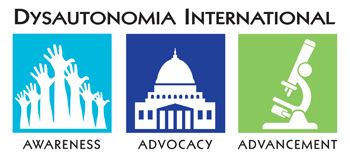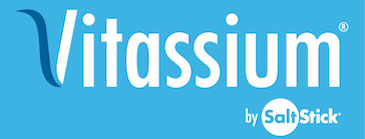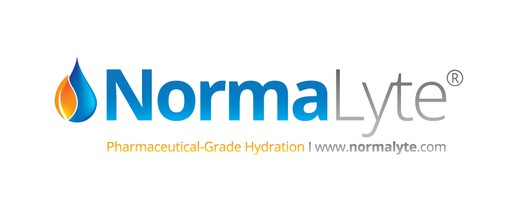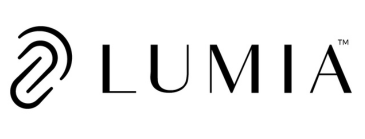Key Message
Congress should invest in the National Institutes of Health (NIH) for the health and economic security of our nation. No more cuts!
Congress should restore funding for the NIH Rare Disease Clinical Research Network Autonomic Disorders Consortium, which lost its funding in mid-2014 after many years of success. The Autonomic Disorders Consortium was lead by Vanderbilt's esteemed Autonomic Dysfunction Center, and it was a collaboration between our nation's finest autonomic labs, including Mayo Clinic, Harvard, NYU, NIH and the University of Texas Southwestern, to work together on autonomic disorders research.
Additional Talking Points
- Medical research funded through the NIH, the largest source of funding for medical research in the world, has been a driving force behind many decades of advances that have improved the health of people in every corner of America.
- Thanks in part to NIH-funded research, Americans are living longer, healthier lives and advances that were once unimaginable, such as sequencing the human genome, have been achieved and have opened a world of unprecedented opportunities for science, medicine and health.
- We can do much more with a robust and sustained investment in medical research. Americans are getting older and chronic diseases consume the vast majority of our health care dollars. We can meet these challenges head-on, but in order to do so, medical research must be a strong national priority.
- The funding provided to the NIH does more than just save lives - it fuels the U.S. economy and creates jobs in our communities. NIH funding supports research by 325,000 scientists at more than 3000 universities, research institutions, small businesses and other entities across the U.S. It has been estimated that every $1 in NIH funding generates about $2.21 in local economic growth.
- We cannot allow budget cuts to undermine progress in medical research, setting us back at a time when we are on the cusp of exciting new advances in cancer, infectious diseases including HIV/AIDS, heart disease, diabetes, Alzheimer's, dysautonomia and many other diseases.
- If Congress fails to make NIH funding a national priority, thousands of researchers across the country will be at serious risk of losing research grant funding, and with it the ability to carry out lifesaving research. Success rates for having your grant application funded already have reached 17 percent - a historic low--which means we could be leaving the next breakthrough or cure on the table.
- As a result of decreased investment in NIH, a whole generation of younger scientists will be without the public funding they need at a significant stage in their careers, and these individuals will be lost to other careers or other countries, depleting our talent pool and delaying or forfeiting research opportunities for investigators and patients in the U.S.
All Talking Points adapted from the Rally for Medical Research Grassroots Tool Kit. For additional resources and data on the impact of the funding NIH cuts, please visit the Rally for Medical Research Resources page.
| | |




